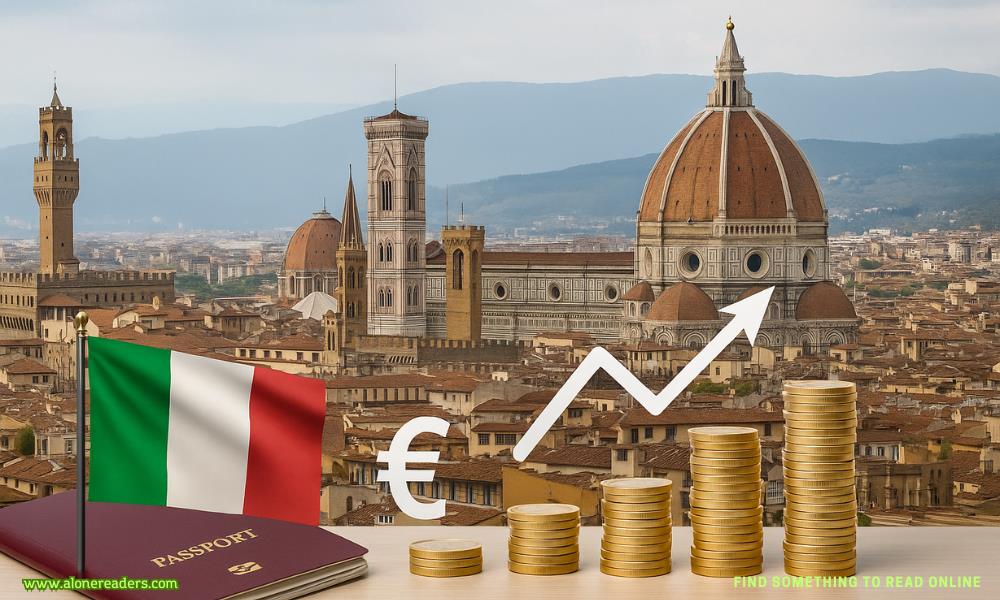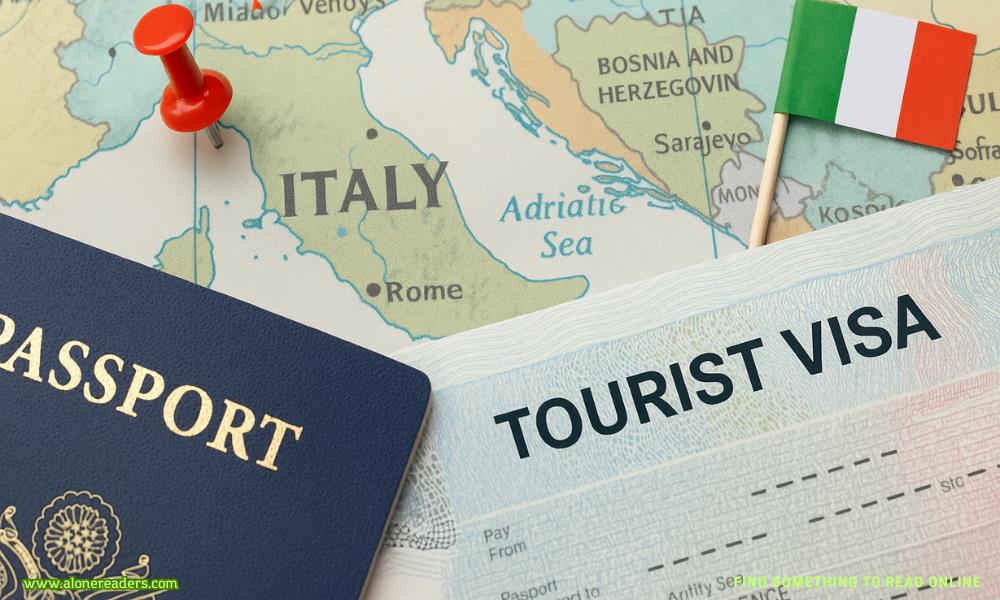Page 100 of Famine
Trepidation drips down my spine.
Perhaps, therearepeople here, after all.
“Famine, do you think this is going to be one of those cities where people try to kill you?”
His fingers drum against my thigh. “It’s likely.”
Well,fuck. That doesn’t sound fun.
Famine’s men clearly warned the people of São Paulo of our upcoming arrival. But now I wonder what exactly these people were told about the horseman.
By the looks of it, nothing good.
Unfortunately for Famine (and me), this city might actually have enough people to fight back.
I don’t know how long we ride through that metropolis, the only sound the steady hoof beats of Famine’s horse, when the rider appears. His horse moves slow, making his appearance somewhat chilling, like the calm before the storm.
He wears a large cowboy hat, and it’s only once he’s close that he calls out, “Hey friend, I’m here to take you to the estate where you’ll be staying.”
I glance up at Famine, but the horseman wears a stoic expression.
Eventually, he nods to the man, and the rider turns around, heading out ahead of us.
“Is that one of your men?” I ask.
“Maybe … maybe not,” Famine says. “You all look so alike.”
“Well, that’s super reassuring.” I take a steadying breath. “So, is this a trap?”
“There’s only one way to find out.”
By walking straight into it, he means.
“That isnotthe correct way to deal with these situations,” I say. Has Famine learned nothing from his time in captivity?
“It’ll be alright, little flower.”
I exhale. I guess it will have to be, because for better or worse, I’m along for the ride.
Following the rider ahead of us, we enter a section of the city that doesn’t look so desolate. In fact, it seems as though the people here have taken pains to revitalize this section of São Paulo. You can see it in the fresh paint and the manicured gardens we pass. There are pristine parks and tiled fountains with bubbling water.
My gaze lingers on one of these fountains. Running water means pipes and infrastructure that most cities don’t have the money to bother with.
The buildings around us look sturdy, and well-tended to. There are stores that sell tinctures and herbal remedies, flower shops, jewelry shops, stores that sell woven blankets and rugs.
The people who live here are still nowhere to be seen, but every now and then I hear a murmur of muffled conversation or the cry of an unhappy baby.
We move out of the city, the buildings thinning out on either side of us. Honestly, part of me thought there was no end to this place, it was so big.
The respectable shops we passed earlier have given way to gambling halls, taverns, and massage parlors. I even spot a bordello with the logo of a bare-chested woman painted onto the sign.
The moment I notice it, I feel a dip in my stomach, like I should be inthererather than outhere, riding around in breeches and a shirt rather than a dress, my face dirty, and my hair wild. This is the longest I’ve gone without working, and I feelguiltyabout that.
Maybe because I’m so damn happy to be free of The Painted Angel. Free to not have to pleasure men with sweaty bodies and smelly dicks and bad breath. Or to listen to their mean words and put up with their rough—sometimes sadistic—ministrations. And oh God am I happy to no longer have tofake itfrom dusk to dawn. The false moans, the forced laughter and the contrived looks of lust. I’m so happy to be rid of all of that.
We come to the edge of the city, and the buildings are replaced on one side by farmland, and on the other by a huge, fortified wall. Armed men watch us from guard towers stationed along it. The moment I see them, I understand why this city is so wealthy.
Drugs.















